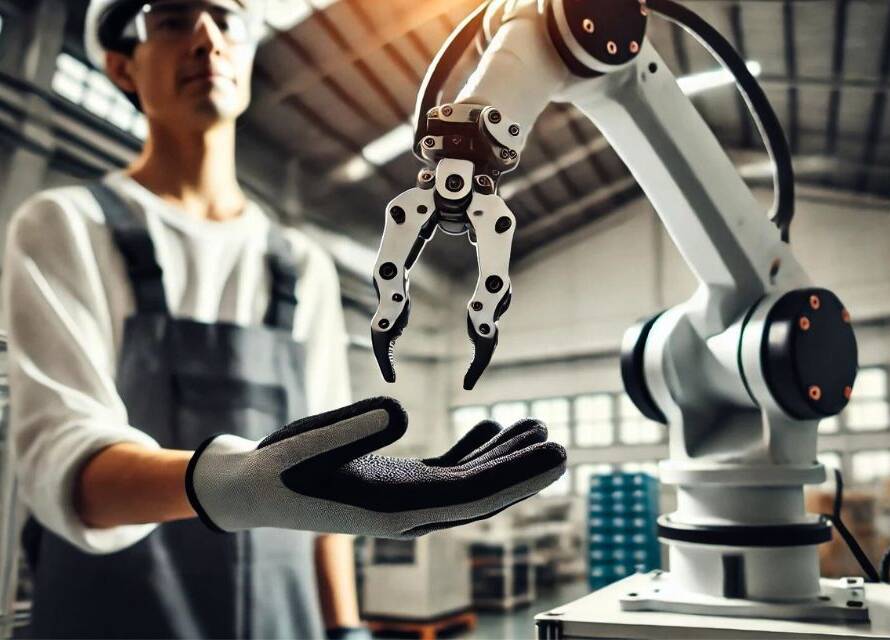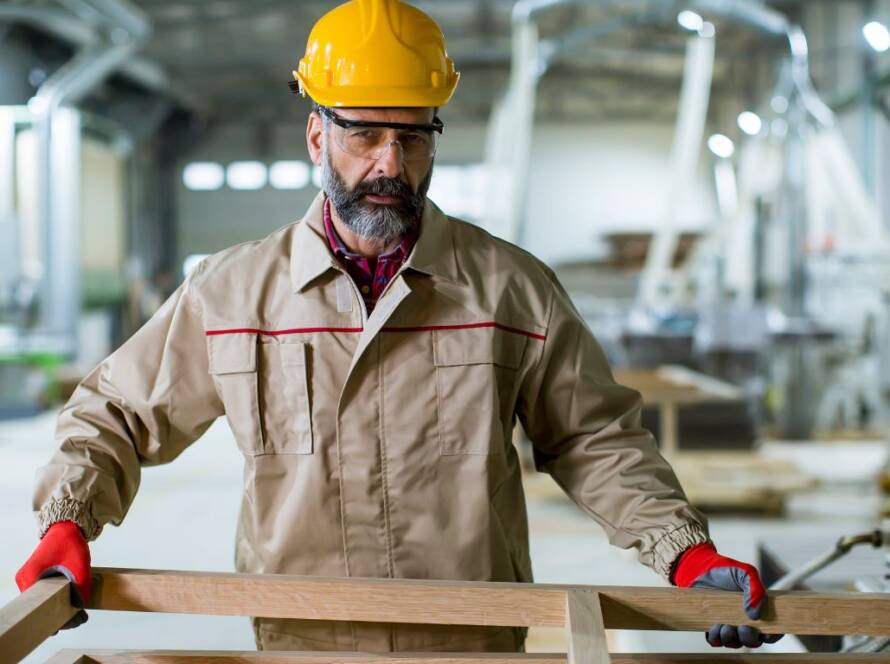Two recent Wall Street Journal articles highlight the challenges U.S. manufacturers face in bringing production back home. Companies like Guardian Bikes and Harper Trucks illustrate how tariffs and labor shortages complicate efforts to establish competitive and efficient domestic operations.
The Ripple Effects of Tariffs
Guardian Bikes, known for its safety-focused children’s bicycles, made headlines when it moved production from China to Indiana. The goal? Greater oversight and improved quality. Yet the shift came with an unforeseen catch: a heavy reliance on imported parts.
Today, an estimated 90% of Guardian’s components still come from China, a dependency exacerbated by tariffs that inflate costs and complicate efforts to localize supply chains. The company has ambitious plans to slash that figure to 20% by next year, aiming to produce bike frames domestically using American steel.
Harper Trucks, a long-established hand-truck manufacturer in Kansas, has similarly grappled with the ripple effects of tariffs. While duties on Chinese imports have the potential to make their U.S.-made products more competitive, they also increase the cost of essential components sourced abroad.
Harper’s sales figures reflect the toll: unit sales dropped from 560,000 in 2022 to 290,000 in 2024, with competition from cheaper imports continuing to erode market share. These realities highlight the dual-edged nature of tariffs in a globalized economy.
Labor Shortages: A Growing Hurdle
For Guardian Bikes and Harper Trucks, the challenges don’t stop at tariffs. Labor shortages are another formidable obstacle.
Guardian’s Indiana factory initially relied on a pool of skilled workers from a recently shuttered ironing-board plant. But scaling production required relentless fine-tuning, all while grappling with high labor costs.
Harper Trucks’ experience is no different, as the company struggles to fill positions despite offering wages between $16 and $22 an hour. The tight labor market has forced them to lean on temporary staffing agencies and overtime to keep operations running.
Even with these efforts, rising operational costs—from utilities to healthcare—compound the burden. Despite advances in automation and innovative product designs, the labor-intensive nature of manufacturing means that many reshoring initiatives remain economically unviable.
As a U.S.-based company with 30 years of experience, Source Machining Specialties specializes in helping U.S. manufacturers with their manufacturing needs in India. We’re so confident in our Indian production facilities that we invite you to a site audit at our expense. Discover more about our capabilities and services, and let’s start a conversation.



